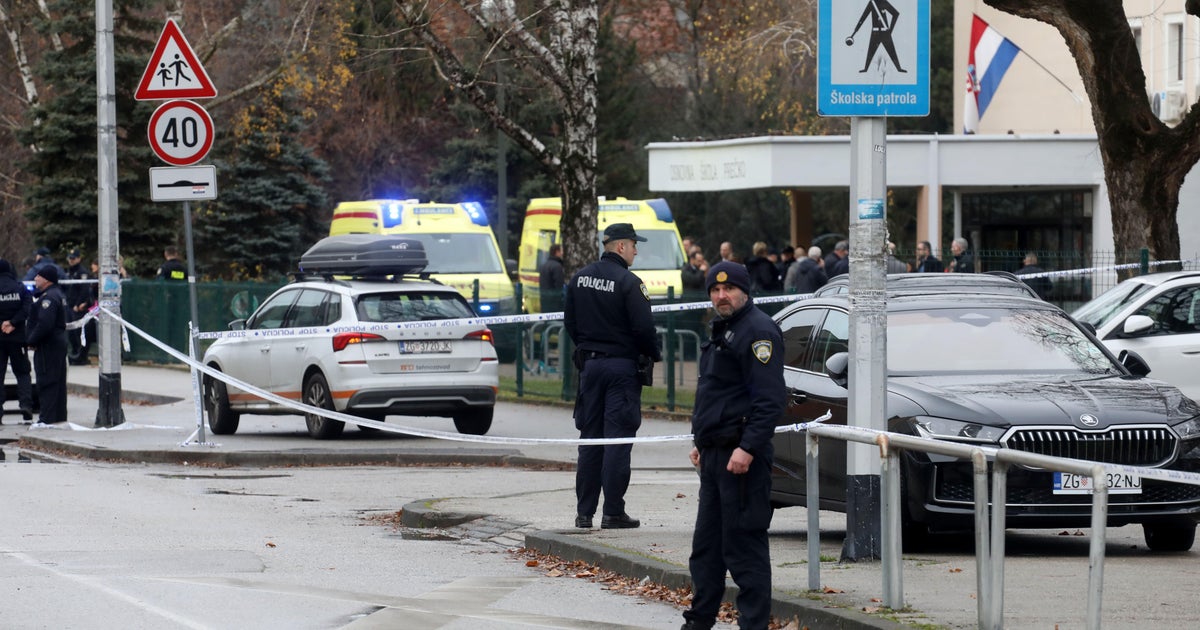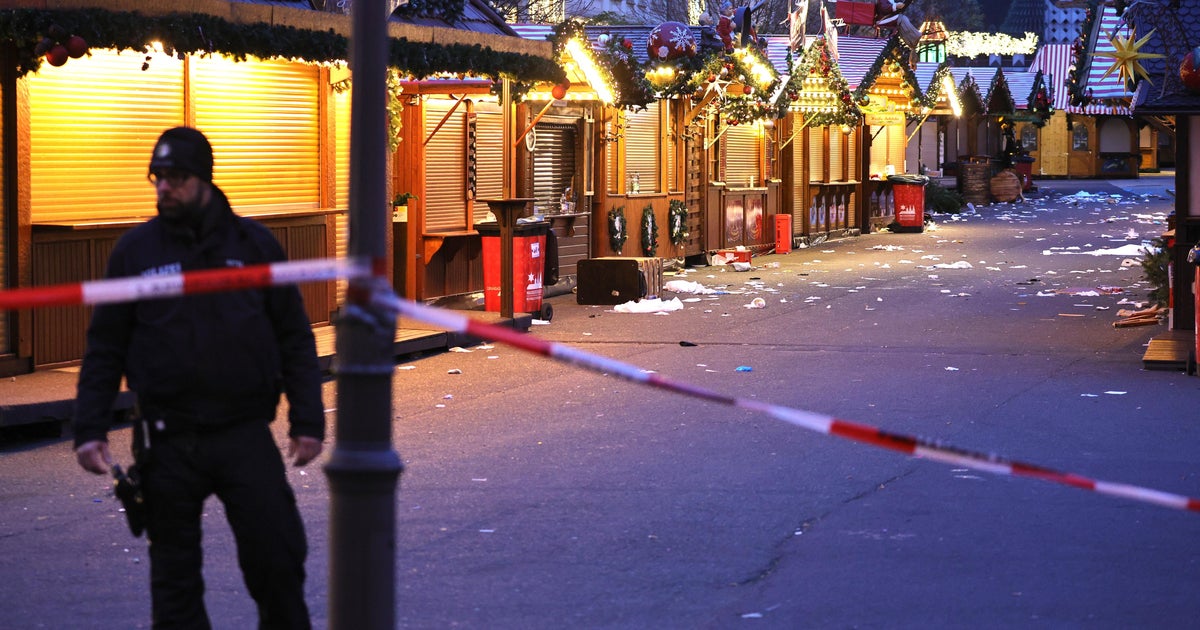China orders U.S. to shut Chengdu consulate, retaliating for Houston
Beijing — China ordered the United States on Friday to close its consulate in the western city of Chengdu, ratcheting up a diplomatic conflict at a time when relations have sunk to their lowest level in decades.
The move was a response to the Trump administration's order this week for Beijing to close its consulate in Houston after Washington accused Chinese agents of trying to steal medical and other research in Texas.
The Chinese foreign ministry appealed to Washington to reverse its "wrong decision."
Later, Beijing accused some people at the consulate of interfering in China's internal affairs and doing things went beyond the usual duties of diplomats, the Reuters news agency reported.
Chinese-U.S. relations have soured amid a mounting array of conflicts including trade, the handling of the coronavirus pandemic, technology, spying accusations, Hong Kong and allegations of abuses against Chinese ethnic Muslims.
"The measure taken by China is a legitimate and necessary response to the unjustified act by the United States," said a foreign ministry statement.
"The current situation in Chinese-U.S. relations is not what China desires to see. The United States is responsible for all this," the ministry said. "We once again urge the United States to immediately retract its wrong decision and create necessary conditions for bringing the bilateral relationship back on track."
Also Friday, the U.S. State Department sent out a notice warning Americans in China of a "heightened risk of arbitrary detention."
:U.S. citizens may be subjected to prolonged interrogations and extended detention for reasons related to 'state security,'" the notice said, adding that Americans may be detained or deported for "sending private electronic messages critical" of the Chinese government. The notice gave no indication of what prompted the warning.
Asian stock markets, already uneasy about the uncertain pace of recovery from the coronavirus pandemic, fell Friday on the news of the closure. China's market benchmark, the Shanghai Composite Index, lost 3.9%. Hong Kong's main index declined 2.2%.
"Alongside the eviction of the Houston Chinese Consulate, the risk of the U.S.-China conflict escalating into a 'Cold War' is worrying," said Hayaki Narita of Mizuho Bank in a report.
On Tuesday, the Trump administration ordered the Houston consulate closed within 72 hours. It alleged Chinese agents tried to steal data from facilities including the Texas A&M medical system.
The Chinese ministry on Thursday rejected the allegations as "malicious slander" and warned the Houston consulate's closure was "breaking down the bridge of friendship" between the two countries.
The United States has an embassy in Beijing and consulates in five other mainland cities - Shanghai, Guangzhou, Chengdu, Shenyang and Wuhan. It also has a consulate in Hong Kong, a Chinese territory.
The consulate in Chengdu is responsible for monitoring Tibet and other areas in the southwest inhabited by non-ethnic Chinese minorities that are considered especially sensitive by Beijing.
Consulate's history
The Chengdu consulate was in the news in 2012 when Wang Lijun, the police chief of the major city of Chongqing, visited and told American officials his concerns about the death of a British business associate of the wife of Chongqing's Communist Party secretary, Bo Xilai.
That prompted the British Embassy to ask for a new investigation, which led to the arrest and conviction of Bo's wife. Bo was later dismissed and sentenced to prison.
The consulate was surrounded by police while Wang was inside. He later emerged and was arrested and sentenced to 15 years on charges of corruption and defection. The U.S. government has refused to confirm whether Wang asked for asylum.
Also Thursday, the U.S. Justice Department said it believes the Chinese Consulate in San Francisco is harboring a Chinese researcher, Tang Juan, who is accused of lying about her background in the Communist Party's military wing on an application for a U.S. visa. The department announced criminal charges of visa fraud against Tang and three other Chinese researchers.
The department said Tang lied on a visa application last October as she made plans to work at the University of California, Davis, and again during an FBI interview months later.
U.S. authorities also announced criminal charges this week against two Chinese computer hackers who are accused of targeting companies that are working on vaccines for the coronavirus.
Pompeo harshly criticizes China
U.S. officials, including Secretary of State Mike Pompeo, have stepped up accusations of technology theft. In a speech Thursday, Pompeo said some Chinese students and others "come here to steal our intellectual property and to take this back to their country."
In the speech, at the Richard Nixon Presidential Library in Yorba Linda, California, Pompeo accused the Chinese of taking advantage of the opportunity Nixon opened for them in 1972 to lie, cheat and steal their way to power and prosperity. Pompeo called for the free world to "induce" change in China, making an overt appeal for a new coalition of democratic nations to force the Chinese Communist Party change direction or face isolation. Pompeo said western engagement with China can't continue as it's been going.
On Friday, China said the speech wasn't based on truth and was filled with ideological bias, according to Reuters.
Pompeo's speech was just the latest in series of Trump administration broadsides against China that have become an almost daily occurrence with Cabinet-level officials from Pompeo, Defense Secretary Mark Esper and Attorney General Bill Barr launching harsh criticisms of Beijing. The three men have each delivered public addresses attacking China in recent weeks, as has FBI director Christopher Wray.
President Trump, who in the early days of the coronavirus pandemic was playing up his "friendship" and positive relationship with Chinese President Xi in an apparent effort to preserve trade negotiations with the Chinese, now seems to have signed off on an all-out assault on China. This comes as his polling numbers decline over COVID-19 and he looks to paint his presumed challenger in November's election, former Vice President Joe Biden, as soft on China.




